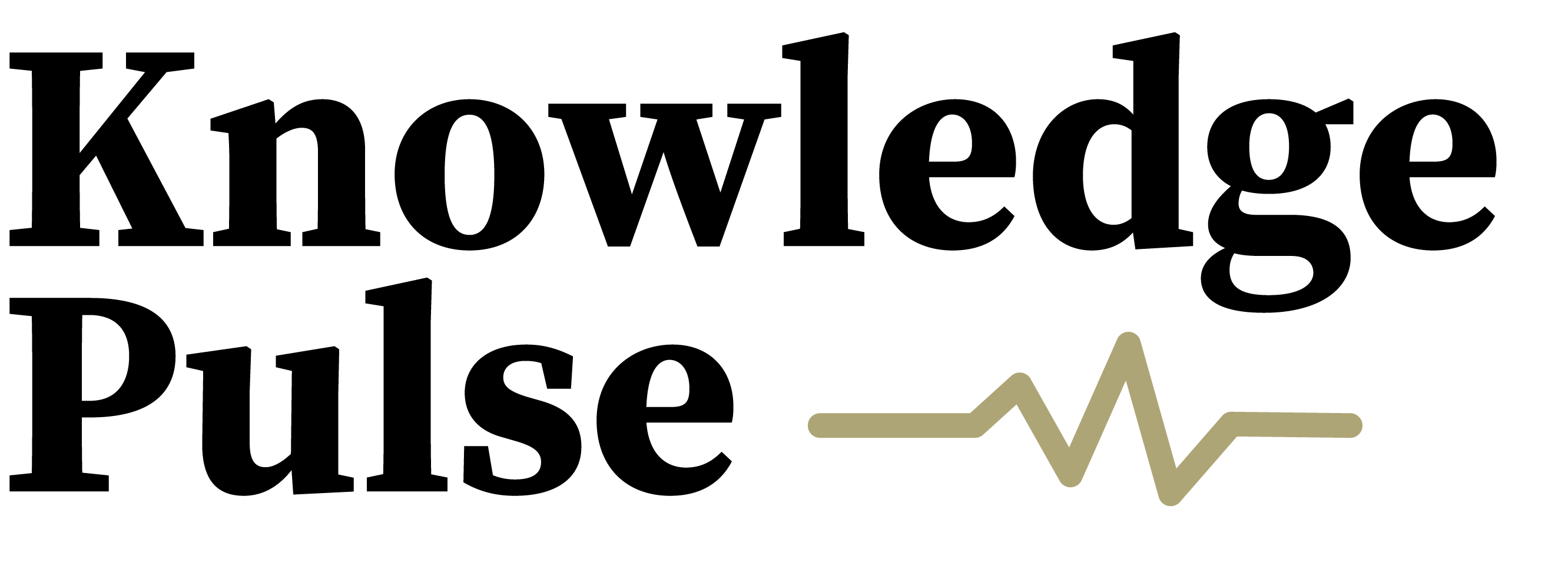What Is ADHD and Why Early Identification Matters
Attention Deficit Hyperactivity Disorder (ADHD) is a neurodevelopmental condition that affects both children and adults, often manifesting in symptoms like impulsivity, inattention, and hyperactivity. While many associate ADHD with childhood, attention deficit disorder in adults is more common than previously thought. Early identification through tools like an adhd symptom checker can be crucial in managing the condition effectively. Adults often go undiagnosed for years, attributing their symptoms to personality traits or external stressors.
Understanding adhd causes symptoms and treatment is key to managing the disorder. Causes may include genetic factors, brain structure differences, and environmental influences. Left untreated, ADHD can affect relationships, job performance, and overall well-being. Therefore, recognizing symptoms early—such as forgetfulness, difficulty focusing, and frequent mood swings—can lead to a more structured and supportive approach to daily life.
Using an adhd diagnosis online test can be a helpful first step in identifying potential symptoms. While these tests are not diagnostic tools, they can guide individuals toward seeking professional help and further assessment.
Common Symptoms of ADHD in Adults
ADHD symptoms often vary from person to person, and adults may experience different patterns compared to children. Adults with ADHD typically face challenges in executive functioning, including time management, organization, and maintaining focus. One frequently overlooked symptom is excessive daytime sleepiness, which can be mistakenly attributed to other conditions such as sleep disorders or depression.
Other common symptoms include:
- Chronic procrastination
- Frequent task-switching without completion
- Impulsive decision-making
- Difficulty maintaining attention during conversations
- Disorganization in personal and professional settings
These symptoms can contribute to reduced productivity and strained interpersonal relationships. For those struggling with overlapping symptoms, a depression diagnosis should also be considered, as comorbidity is common between ADHD and mood disorders. Taking an attention deficit disorder in adults test can help clarify whether ADHD is a contributing factor to daily difficulties.
Getting an ADHD Diagnosis: What to Expect
The process of receiving a formal ADHD diagnosis involves several steps and typically includes a comprehensive adhd assessment. This can be done through in-person evaluations or via online adhd diagnosis platforms, which have become increasingly accessible and reliable. These assessments often involve a detailed history of symptoms, questionnaires, and sometimes input from family members or colleagues.
Assessment tools may include:
- Behavioral rating scales
- Cognitive functioning tests
- Clinical interviews
- Medical and psychological history reviews
It’s important to consult with a qualified healthcare provider for a thorough evaluation. Self-assessment tools, like an adhd symptom checker, can serve as a helpful starting point but should not replace professional guidance. Once a diagnosis is confirmed, individuals can explore options for adhd treatment for adults, which may include medication, cognitive behavioral therapy, lifestyle adjustments, or a combination of these approaches.
Treatment Options and Management Strategies
While there is no universally accepted permanent cure for adhd, many adults find significant relief through personalized treatment plans. ADHD treatment for adults typically involves a combination of medication, therapy, and behavioral strategies to improve attention, organization, and emotional regulation.
Effective management strategies include:
- Creating daily routines and structured schedules
- Using reminders and planners to stay organized
- Engaging in regular physical activity
- Practicing mindfulness and stress-reduction techniques
- Seeking support from coaches or support groups
Cognitive Behavioral Therapy (CBT) has shown promising results in helping individuals manage impulsivity and negative thought patterns. Additionally, treating co-existing conditions such as anxiety or depression is essential for comprehensive care. In some cases, addressing issues like excessive daytime sleepiness can also improve overall functioning and quality of life.
Using Online Tools for ADHD Awareness and Support
In recent years, digital tools have made it easier for individuals to explore their symptoms and seek help. An adhd diagnosis online test or adhd symptom checker can provide initial insights, prompting users to consider professional evaluation. These tools are especially beneficial for those in remote areas or with limited access to mental health services.
Benefits of using online ADHD resources include:
- Immediate access to symptom checklists and self-tests
- Educational content about adhd causes symptoms and treatment
- Guidance for next steps in diagnosis and care
- Availability of telehealth services for formal assessment
However, it’s crucial to use credible platforms and follow up with a licensed healthcare provider to confirm any preliminary findings. While research into a permanent cure for adhd is ongoing, current treatments offer effective ways to manage the condition and lead a fulfilling life.
Conclusion: Taking the First Step Toward Clarity and Support
Recognizing possible signs of ADHD is the first step toward improved well-being. Whether through an adhd symptom checker or a formal adhd assessment, early action can lead to better management strategies and a clearer understanding of one’s challenges. Adults facing symptoms like disorganization, impulsivity, or excessive daytime sleepiness should consider exploring adhd treatment for adults and consulting professionals for guidance. While there’s no definitive permanent cure for adhd, timely diagnosis and tailored support can significantly enhance daily functioning and quality of life.








